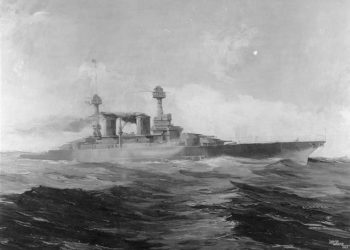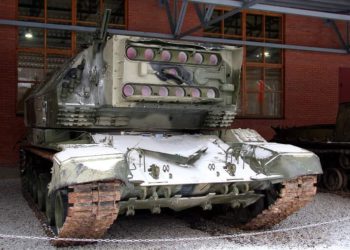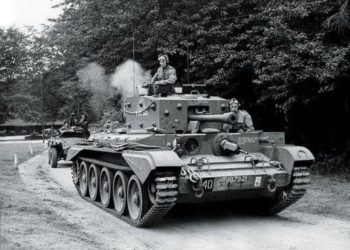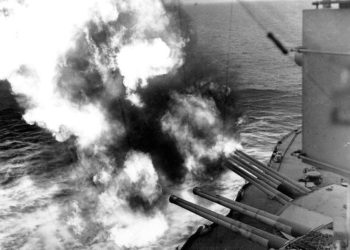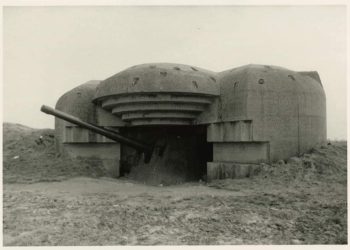Understanding the Drill: A Comprehensive Guide
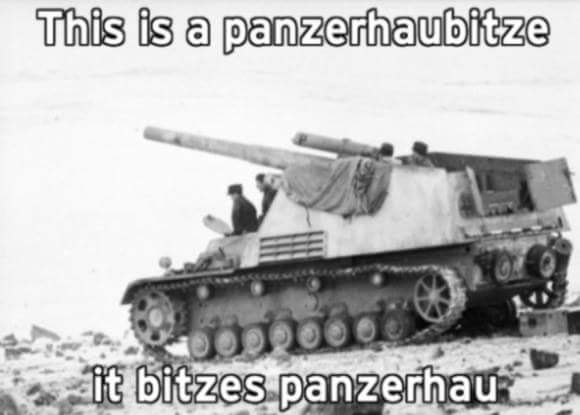
The phrase “You know the drill” is commonly used in various contexts, often implying that the listener is familiar with the routine, procedure, or expectations in a given situation. But where did this expression come from?
The term “drill” in this context originates from military exercises where soldiers practiced repetitive tasks to ensure proficiency and readiness. Over time, it became a metaphor for any routine or expected behavior.
The Origin of the Phrase
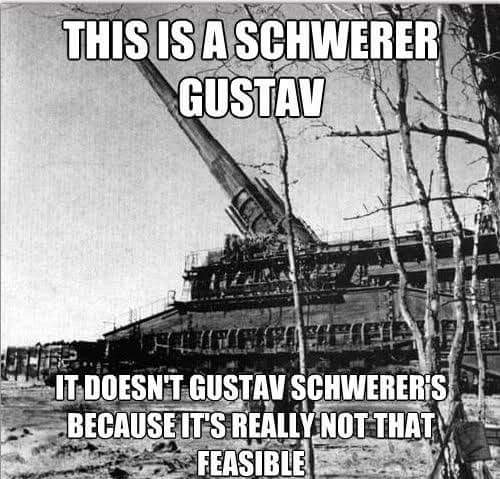
The phrase dates back to at least the early 18th century. During this time, drill instructors played a crucial role in training soldiers. These instructors would often repeat commands and maneuvers until they were ingrained in the soldiers’ minds. Thus, when an instructor said, “You know the drill,” it was understood that the soldiers were familiar with the procedure.
Today, the phrase has evolved beyond its military origins. It is now used in everyday language to suggest familiarity with any routine or standard procedure, not just among soldiers but in various workplaces, schools, and social situations.
The Modern Application
In modern times, “You know the drill” can be heard in various contexts. For instance, a teacher might say it to students who have heard the same instructions repeatedly, or a manager might use it with employees to reinforce standard operating procedures. The phrase has become a shorthand way of conveying that no further explanation is needed because the actions are already well understood.
Understanding this phrase and its origins can enrich our appreciation of language and how historical practices continue to influence modern expressions. It’s a testament to how certain terms and phrases endure and adapt over time, maintaining their relevance across different eras and settings.
Conclusion
The next time someone says, “You know the drill,” you can appreciate the historical depth behind this seemingly simple phrase. It’s a reminder of the importance of routine, practice, and familiarity, whether on the battlefield or in everyday life.
So, whether you’re at work, school, or home, when you hear this phrase, remember its rich origin and the shared understanding it represents.
You know the drill!
-RBM.



